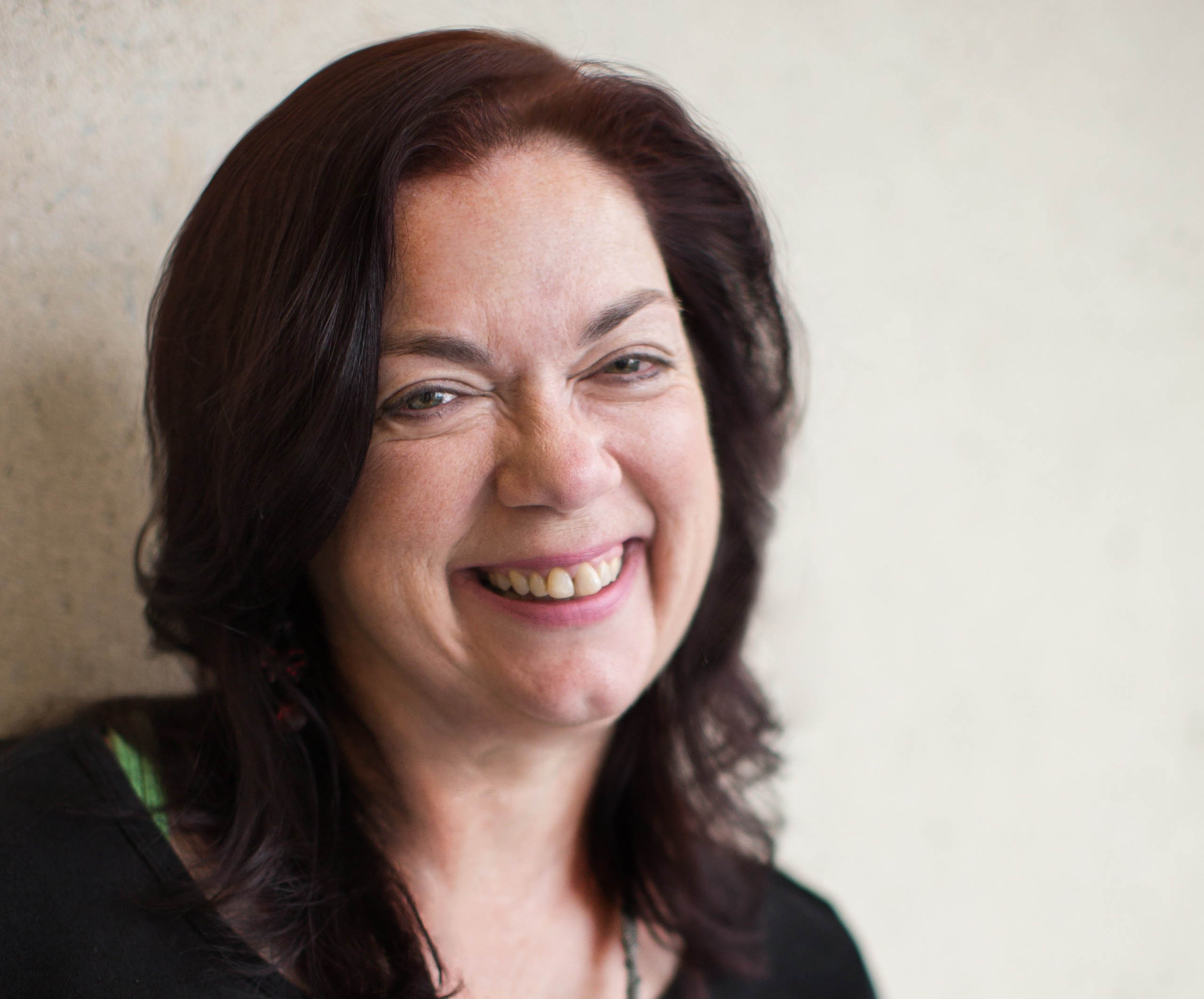- Home
- About Us
- The Team / Contact Us
- Books and Resources
- Privacy Policy
- Nonprofit Employer of Choice Award

 Today is the deadline for the submission to the Canada Revenue Agency’s (CRA) consultation on political activities by charities. For some, this deadline has been a motivating force behind their work ever since the consulting process was announced on September 27, 2016. For others, it’s been a big yawner. For most, it hasn’t even registered on the radar.
Today is the deadline for the submission to the Canada Revenue Agency’s (CRA) consultation on political activities by charities. For some, this deadline has been a motivating force behind their work ever since the consulting process was announced on September 27, 2016. For others, it’s been a big yawner. For most, it hasn’t even registered on the radar.
Any nascent interest in the political activities of charities was likely switched on by the Harper government’s audit of more than 50 charities in 2014, a charity story that was, uniquely, amply covered by the media. In light of other Harper government positions like the cheering on of solitary confinement for indigenous prisoners, denial of climate change and the rooting out of culturally barbaric practices, it seemed like a dangerous pattern of a regressive government clamping down on dissent.
But taken on its own, and in reality, it is a tempest in a teapot.
For one thing, the CRA has the right to audit any charity it likes.
The charitable sector employs two and a half million people and took in $246 billion in 2014. Sixty-seven per cent of charity revenue ($166 billion) was from government, that is to say the taxpayer to whom, most would agree, the government owes a measure of due diligence. Add another $15.1 billion in tax credits, for which some donors can claim up to 65% and you’ve got a fairly big strain on the federal treasury.
Most people don’t have the full idea of the “people’s contribution” to charity work, one reason certainly is because there are no statues, fountains, atriums or buildings named after the people of Canada. The efforts of most charities go towards recognizing private sector donors, however small the percentage of their contribution contributes to overall operations. Large hospital foundations and universities are notorious for this.
There is no comfortable seating area or calming foundation in the lobby of a hospital with a plaque saying, “this hospital is here for you at your time need because the people of Canada want you to be taken care of.”
To my knowledge, there is no great building at a university dedicated to the people of Canada for their commitment to funding post secondary education.
Yet endless reams of paper have been taken up so fundraisers can learn how to do great donor stewardship, how to recognize wealthy donors or understand “moves management.”
When the charitable sector ignores or chooses to downplay the involvement of this country’s citizens who provide 67 cents of every dollar received by charities and also supplies charities with the most lucrative charitable tax credit in the world, it is undermining our faith in government and the value of doing things for the common good. And as a sector we have to take a moment to see just where that road is heading.
Now, more than ever, large donors are deciding the nature of medical research that’s being undertaken in this country, research that’s likely related to the donors own personal experience not what the most vulnerable of Canadians society need.
Why shouldn’t they get to spend it the way they want you might say?
Well, for one thing if donor makes a contribution of $10 million to a project he or she is interested in and depending on the form of donation, he or she is getting $6.5 million tax credit on that donation. And that tax credit is $6.5 million that’s not available to government to spend on other priorities.
Charities routinely overplay the contribution of private sectors donors, especially the wealthiest of donors, who are often the same cohort delivering a hue and cry about taxes being so high.
I believe it undermines people’s belief in the role of government, all the while happily benefitting from the people’s cash injections. Charities need to understand they are accountable to the people of Canada and behave in a way that shows that understanding.
The pendulum is swinging way too far in the other direction.
Watch for Gail's new book, "Cap in Hand - How charities are failing the people of Canada and the World" soon to be published by Civil Sector Press.
Early Praise for Cap in Hand -
“Gail Picco has worked with many international NGOs and brings a nuanced and powerful critique to the table. I have worked with her and know her well. From a deeply ingrained sense of activism, she is courageous, boundary pushing, inquiring and willing to challenge conventional thinking. This book is brave, searching and necessary. It comes at the right time, from the right place, for all the right reasons."
NICOLE SALMON, Founder & Principal Development Consultant, Boundless Philanthropy; Former Director of Fund Development at OXFAM Canada